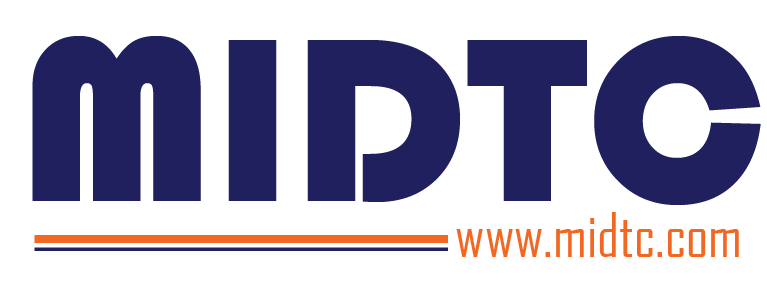Why Is Site Speed Important For Search Rankings? A Rundown.
The latest updates to Google’s algorithm have increasingly stressed Google’s Core Web Vitals and site speed when ranking a site. (You can assess your site’s performance using this tool). Sites with otherwise good traffic and content have been harshly penalized in some cases for having poor site speed or optimization. Media and E-Commerce sites are particularly impacted by this, given the amount of advertising, scripts, and images or video in use on these sites, all of which negatively impact site performance unless optimized carefully.
Below is an example of a site optimized by MIDTC for performance. In all such cases, search ranking, and therefore traffic, improved dramatically.

Website performance is crucial for Google search rankings for several reasons:
- User Experience: Fast-loading websites provide a better user experience. Users are more likely to stay on a site that loads quickly and navigate through its pages. Google aims to deliver the best possible experience to its users, so it favors websites that load quickly1.
- Core Web Vitals: Google uses Core Web Vitals as part of its ranking criteria. These metrics measure aspects of web performance, such as loading speed, interactivity, and visual stability. Websites that perform well on these metrics are more likely to rank higher1.
- Bounce Rate: Slow websites tend to have higher bounce rates, meaning users leave the site quickly without interacting with it. A high bounce rate can negatively impact your search rankings because it signals to Google that users are not finding the site useful2.
- Mobile Performance: With the increasing use of mobile devices, Google has placed a significant emphasis on mobile performance. Websites that are optimized for mobile devices and load quickly on them are more likely to rank higher in search results3.
- SEO Benefits: Faster websites can crawl more efficiently by search engines, leading to better indexing and potentially higher rankings. This efficiency is particularly important for large websites with many pages4.
Improving your website’s performance can lead to better search rankings, more traffic, and a better overall user experience. If you need more detailed information, you might find this article helpful1.
MIDTC has been successfully helping clients improve their site performance through a mix of audits, optimizations, and careful implementation of technology. Typically we want to see a customer pass core web vitals as outlined by Google Page Speed, and have Mobile and Desktop speed indices in the high 80s or 90s before we consider an optimization successful.
